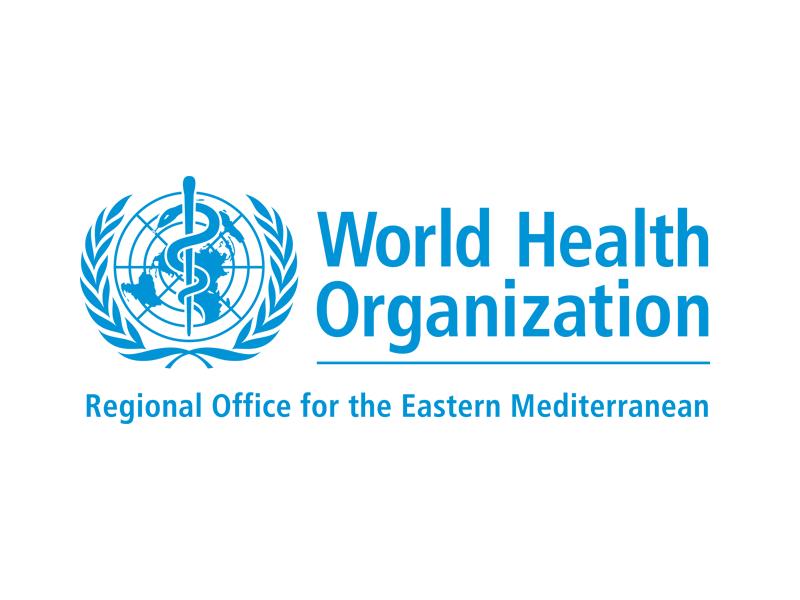
9 May 2024, Doha, Qatar – Yesterday, in Doha, the Ministry of Public Health concluded a 2-day joint workshop with WHO on the Country Cooperation Strategy (CCS) 2024–2030. The workshop involved senior officials from the Ministry of Public Health, other relevant ministries and agencies of Qatar, and representatives of WHO, United Nations (UN) agencies and partners.
The joint workshop aimed to discuss and reach a consensus on the new CCS. During the event, health priorities and challenges were identified, and a strategic agenda established for cooperation between the Ministry of Public Health and WHO.
CCS is a strategic initiative that aims to align WHO’s work with each Member State’s unique requirements. By providing a framework for cooperation among all relevant institutions, CCS prioritizes global and regional health while meeting the specific needs of a country.
A speech by Minister of Public Health Her Excellency Dr Hanan Mohamed Al Kuwari was delivered at the joint workshop by Dr Salih Ali Al Marri, Assistant Minister for Health Affairs. Her Excellency’s speech noted, “The State of Qatar is committed to further strengthening its close cooperation with the World Health Organization, especially in ways that contribute to the support of our national policies, strategies and plans. Improving the health and well-being of the Qatari community, aligning with the Qatar National Vision 2030, the State of Qatar’s Third National Development Strategy, our health strategies and our Sustainable Development Goals is a priority.”
Further, Her Excellency’s speech went on to add, “The intense and diligent work between specialists and experts in the State of Qatar and the World Health Organization to develop the Country Cooperation Strategy is of great importance, especially in light of the wonderful results achieved when determining the priorities for joint action over the next 6 years. The strategy contributes to expanding cooperation between Qatar and the World Health Organization, broadening our horizons, and supporting the achievement of our national priorities and international commitments. This is especially significant as we share the World Health Organization’s goal of ensuring that everyone enjoys the highest attainable standard of health.”
It is worth noting that Qatar has an advanced social protection system and has achieved many of the Sustainable Development Goal targets in the fields of health, education and social protection.
The Qatar National Vision 2030 is an ambitious vision that aims to “transform Qatar by the year 2030 into an advanced country capable of achieving sustainable development and ensuring a high standard of living for its people for generations to come”. The vision is built on 4 pillars of development: human, social, economic and environmental.
CCS preparations began in 2023 following the establishment of the WHO Country Office in Qatar. The strategy’s development has involved officials and experts from the Ministry of Public Health and from the global, regional and national levels of WHO.
In a speech to workshop participants, WHO Regional Director for the Eastern Mediterranean Dr Hanan Balkhy expressed her appreciation for the cooperation between WHO and Qatar and for Qatar’s achievements in the health and development sectors: “We highly value what Qatar has accomplished for its citizens and its regional and international community, as investment in health and development in Qatar has led to continuous improvements in health patterns and a reduction in mortality rates. We renew our commitment to continuing fruitful and constructive cooperation and strengthening our strategic partnership with the State of Qatar.”
Dr Balkhy went on to say, “The Country Cooperation Strategy is a framework through which the World Health Organization and the State of Qatar collaborate to achieve shared goals in health and development. Our primary goal is to establish solid foundations and a strategic basis for planning, as well as to elevate the levels of cooperation with Qatar to strategic dimensions, contributing to its expansion into broader horizons in line with its future [national] vision.”
During the workshop, participants reviewed the various aspects of CCS through work sessions and extensive discussions. They considered the contributions of all partners and stakeholders in the health sector and health-related fields, as well as the developments in strategic policies or practices of the national health sector and other relevant partners.
The workshop aimed to achieve several key objectives: a consensus on the strategic priorities for cooperation between the Ministry of Public Health and WHO for the 6 years of the strategy; a review of the CCS components; finalization of the CCS structure; and the establishment of a framework for monitoring and reviewing cooperation between Qatar and WHO from 2024 to 2030. The participants successfully agreed on the essential elements of the framework.
At the global level, CCS is guided by the Sustainable Development Goals and WHO’s upcoming Fourteenth General Programme of Work. At the national level, it is guided by the national vision and the overall health situation of the country – as indicated by the state of the health sector, the social and economic conditions of the population, and the major health determinants. By identifying the country’s priorities and key health challenges, areas of cooperation have been determined for the next 6 years.












